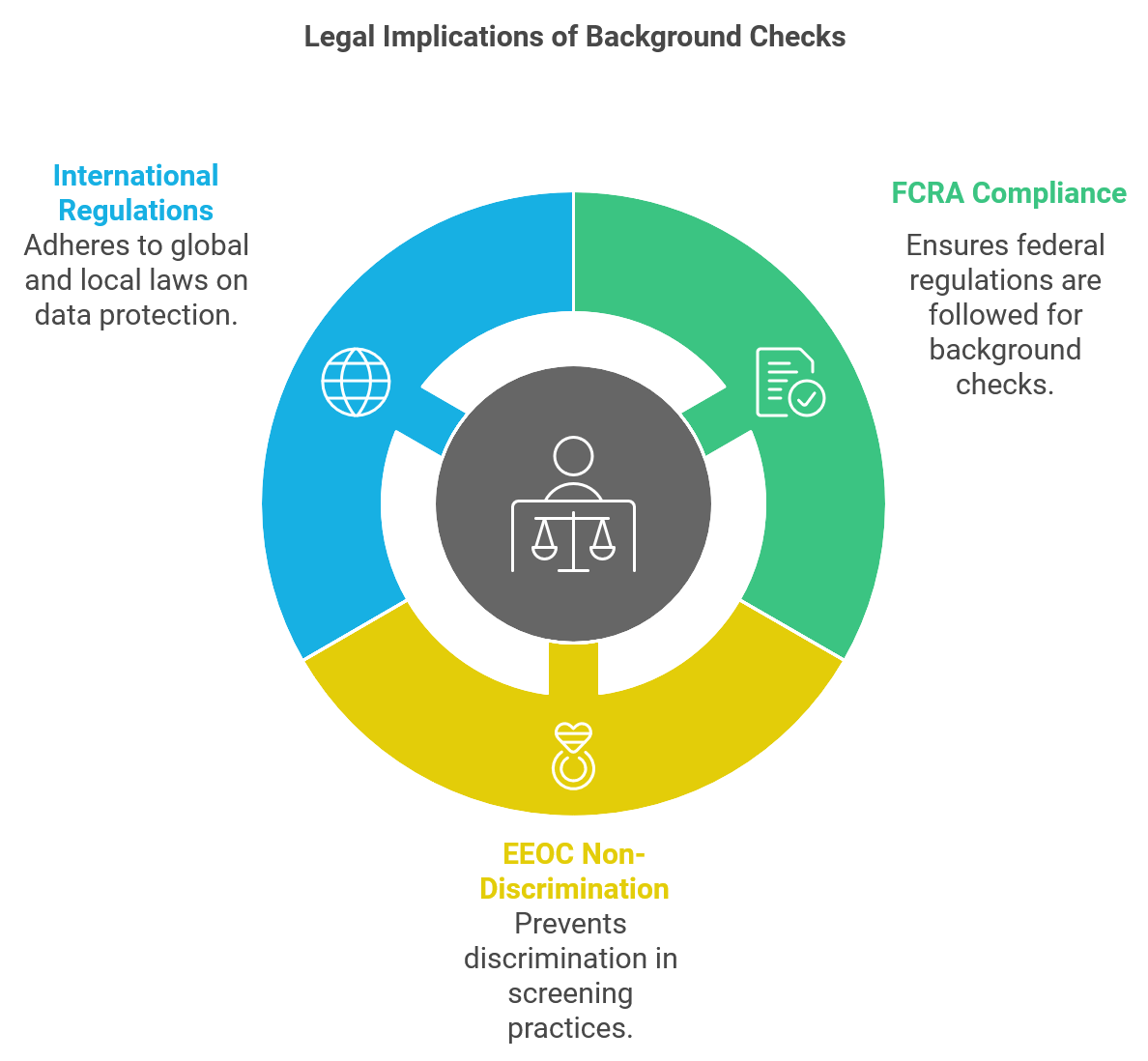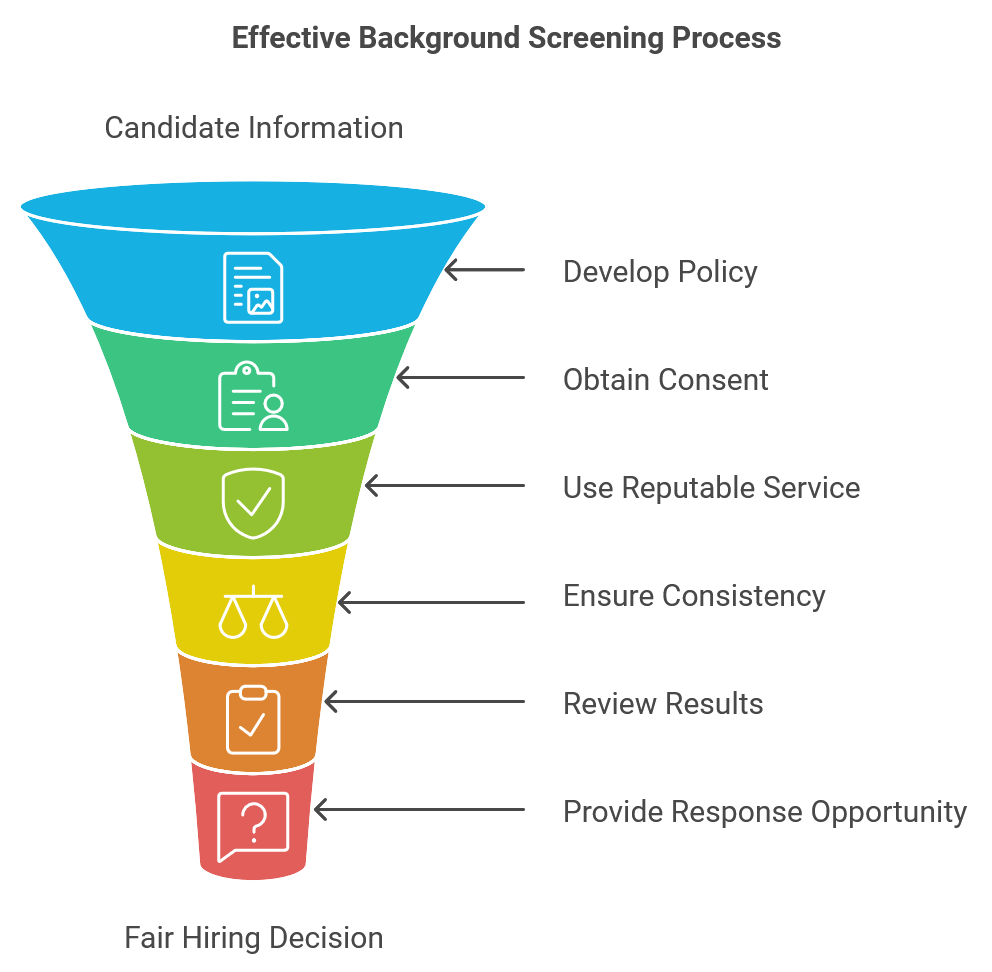Data-Driven Risk Management: The Future is Here
The era of reactive risk management waiting for a crisis to occur before formulating a response is officially over.
Read MoreFebruary 21, 2024
In the retail industry, hiring the right employees is crucial for maintaining a safe and productive environment. This document outlines best practices in background screening that can help retailers make informed hiring decisions while ensuring compliance with legal standards. By implementing these practices, retailers can mitigate risks associated with hiring and foster a trustworthy workforce.
Background screening involves the process of reviewing a candidate's history to verify their qualifications and assess their suitability for a position. This can include checking criminal records, employment history, education verification, and credit reports, among other factors. Retailers must balance thoroughness with respect for candidates' privacy and legal rights.
Before conducting background checks, retailers must be aware of the legal implications involved. Key regulations include:


Implementing effective background screening practices is essential for retailers to ensure a safe and reliable workforce. By adhering to legal requirements and following best practices, retailers can make informed hiring decisions that protect their business and promote a positive work environment.

Security Consulting
The era of reactive risk management waiting for a crisis to occur before formulating a response is officially over.
Read More
Security Consulting
For businesses in Nigeria and across the globe, understanding and mitigating physical risks has never been more critical.
Read More
Protective Intelligence
Should ordinary citizens take up arms to defend themselves? On the surface, it seems a simple, visceral answer to a complex problem.
Read More